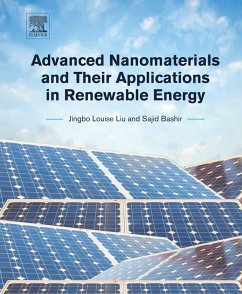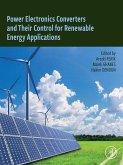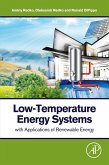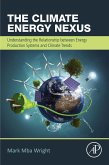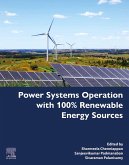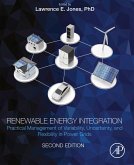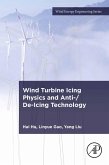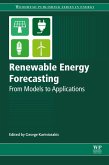Advanced Nanomaterials and Their Applications in Renewable Energy presents timely topics related to nanomaterials' feasible synthesis and characterization, and their application in the energy fields. In addition, the book provides insights and scientific discoveries in toxicity study, with information that is easily understood by a wide audience.
Advanced energy materials are important in designing materials that have greater physical, electronic, and optical properties. This book emphasizes the fundamental physics and chemistry underlying the techniques used to develop solar and fuel cells with high charge densities and energy conversion efficiencies.
New analytical techniques (synchronous X-ray) which probe the interactions of particles and radiation with matter are also explored, making this book an invaluable reference for practitioners and those interested in the science.
- Provides a comprehensive review of solar energy, fuel cells, and gas storage from 2010 to the present
- Reviews feasible synthesis and modern analytical techniques used in alternative energy
- Explores examples of research in alternative energy, including current assessments of nanomaterials and safety
- Contains a glossary of terms, units, and historical benchmarks
- Presents a useful guide that will bring readers up to speed on historical developments in alternative fuel cells
Dieser Download kann aus rechtlichen Gründen nur mit Rechnungsadresse in A, B, BG, CY, CZ, D, DK, EW, E, FIN, F, GR, HR, H, IRL, I, LT, L, LR, M, NL, PL, P, R, S, SLO, SK ausgeliefert werden.

